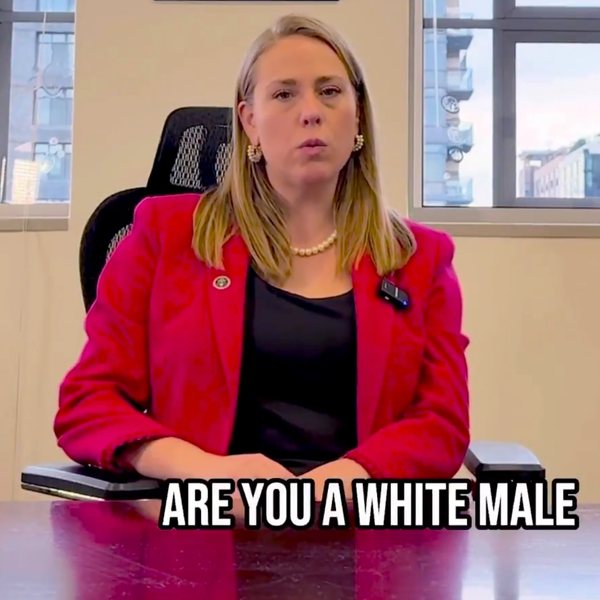Mother used to tell this story.
She was working as a domestic — this was the late ’40s or early ’50s — for a Memphis doctor when one day his daughter came up and inexplicably began rubbing her skin. It turned out the child had asked her grandmother why mom’s skin was dark, and the woman, a daughter of the unreconstructed white South, had said the darkness was dirt. The poor little girl was trying to rub the “dirt” off and was surprised it wouldn’t come. Years later, Mom’s voice still mixed anger and humiliation when she told that tale.
But such incidental cruelties were to be expected. Mom was The Help, as in the Kathryn Stockett novel that was released last week as a motion picture. I find myself with irresolute feelings toward both. In this, I am hardly alone. Indeed, “The Help” has met with a certain amount of scorn from some African-Americans unseduced by its story of black maids and their white employers in Jackson, Miss., in that pregnant year, 1963.
An organization called the Association of Black Women Historians has slammed the movie for “stereotyping.” Author Valerie Boyd’s review, which appeared on an Atlanta arts blog, was headlined “A Feel-Good Movie for White People.” Some black literati have noted it as yet another example of a white writer reaping great rewards from chronicling African-American passages while black writers who traffic in those same passages cannot get the time of day from publishers and moviemakers.
Though the literati have a valid point, the criticism of “The Help” strikes me otherwise as more reflexive than felt. Stockett told the story of a white misfit bonding with a black maid and helping her find her voice in a society that had rendered her mute. If it is not exactly a black-power manifesto, well, neither is it “Birth of a Nation II.”
So what, then explains my own irresolution? I suspect it traces to nothing more mysterious than the pain of revisiting a time and place of black subservience. And, perhaps, the sting of an inherited memory. That episode cost her something to tell — and even more to live.
As Americans, we lie about race. We lie profligately, obstinately and repeatedly. The first lie is of its existence as an immutable reality delivered unto us from the very hand of God.
That lie undergirds all the other lies, lies of Negro criminality, mendacity, ineducability. Lies of sexless mammies and oversexed wenches. Lies of docile child-men and brutal bucks. Lies that exonerate conscience and cover sin with sanctimony. Lies that pinched off avenues of aspiration till “the help” was all a Negro woman was left to be.
I think of those lies sometimes when aging white southerners contact me to share sepia-toned reminiscences about some beloved old nanny who raised them, taught them, loved them, and who was almost a member of the family. Almost.
Reading their emails, I wonder if those folks understand even now, a lifetime later, that that woman did not exist simply as a walk-on character in a white person’s life drama, that she was a fully formed human being with a life, and dreams and dreads of her own.
It is Kathryn Stockett’s imperfect triumph to have understood this and seek to make others understand it, too. I think Mom would have appreciated the effort.
(Leonard Pitts is a columnist for the Miami Herald, 1 Herald Plaza, Miami, Fla., 33132. Readers may contact him via e-mail at lpitts@miamiherald.com.)
(c) 2011 The Miami Herald Distributed by Tribune Media Services, Inc.








